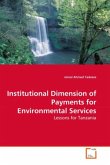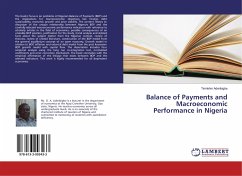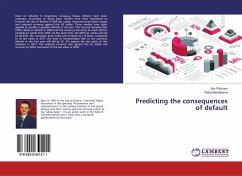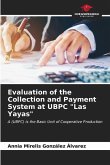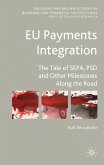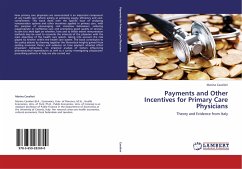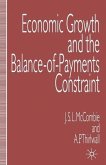This monograph describes the planning and first 15
months of a water quality field experiment. In this
experiment a group of farmers in a small watershed in
the Appalachian Mountains received payments for the
water flowing from their watershed. These payments
were structured to increase with increasing water
quantity and quality. As a way to reduce non-point
source pollution, this represents a radical
realignment of responsibilities. Rather than adhering
to contract requirements in a government conservation
program, this approach calls on farmers to assess the
pollution problem across the watershed, identify and
implement conservation practices, and allocate water
quality payments among themselves. We describe the
watershed and economic models used to determine water
prices and structure the payments, outline the formal
and informal institutional arrangements that this
research hinges upon, and discuss farmers responses
based on observed behavior and two rounds of surveys.
Researchers and practitioners working with farmers on
water quality conservation, and those developing
programs using payments for environmental services,
should find this applied research very helpful.
months of a water quality field experiment. In this
experiment a group of farmers in a small watershed in
the Appalachian Mountains received payments for the
water flowing from their watershed. These payments
were structured to increase with increasing water
quantity and quality. As a way to reduce non-point
source pollution, this represents a radical
realignment of responsibilities. Rather than adhering
to contract requirements in a government conservation
program, this approach calls on farmers to assess the
pollution problem across the watershed, identify and
implement conservation practices, and allocate water
quality payments among themselves. We describe the
watershed and economic models used to determine water
prices and structure the payments, outline the formal
and informal institutional arrangements that this
research hinges upon, and discuss farmers responses
based on observed behavior and two rounds of surveys.
Researchers and practitioners working with farmers on
water quality conservation, and those developing
programs using payments for environmental services,
should find this applied research very helpful.


